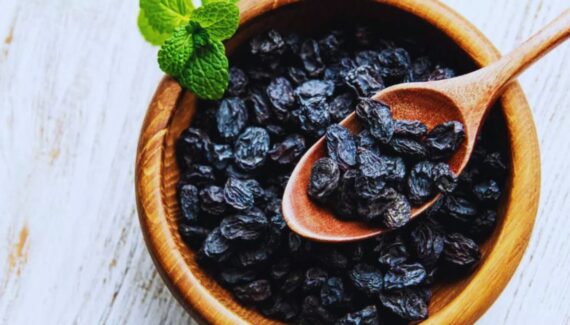Vitamin C, also known as ascorbic acid, is one of the most essential nutrients your body needs every day.
It’s a powerful component that plays a key role in boosting your immune system, protecting cells from free radical damage, and enhancing your body’s ability to fight infections. Moreover, Vitamin C is vital for collagen production, which promotes supple and healthy skin, along with the repair of tissues and vessels.
Another lesser-known benefit of Vitamin C is that it aids in iron absorption from plant-based foods, preventing fatigue and improving overall energy levels. While many people associate Vitamin C with citrus fruits or exotic berries like blueberries, several Indian fruits are actually richer in Vitamin C and easily available across seasons. Let’s take a look at these nutritious options and how you can include them in your diet.
Top 6 Indian Fruits Rich in Vitamin C
1) Pineapple
Vitamin C content: Approx. 109 mg per cup
Pineapple is one of the most refreshing tropical fruits and an excellent source of Vitamin C, providing nearly seven times the amount found in blueberries. Regular consumption helps support digestion due to the presence of bromelain, an enzyme known to aid in protein breakdown. Pineapple also strengthens immunity, supports bone health, and reduces inflammation.
How to consume:
You can enjoy pineapple as a fresh salad or blend it into a cool tropical juice. For a twist, try sprinkling a bit of black salt and chili powder on pineapple slices — a tangy Indian favorite!
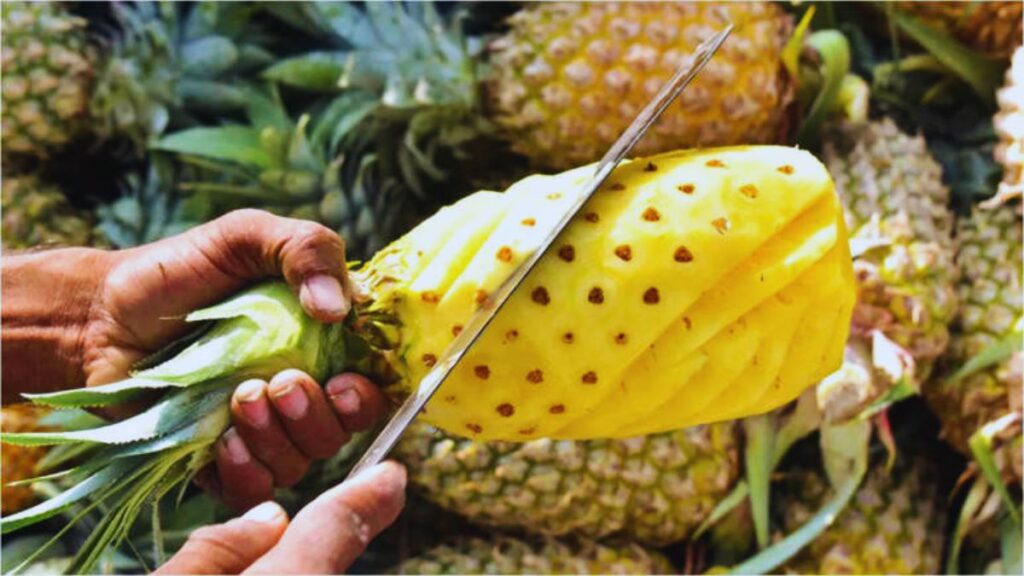
2) Banana
Vitamin C content: Approx. 102 mg per cup
Bananas are widely known for being rich in potassium and fiber, but they also offer a significant amount of Vitamin C. Vitamin C in bananas also contributes to glowing skin by supporting collagen formation and protecting the skin from oxidative stress.
How to consume:
Bananas are best eaten in fruit salads. You can also blend them into smoothies or shakes with milk or oats for a filling breakfast. For an added twist, freeze banana slices and blend them into a cream for a guilt-free dessert.
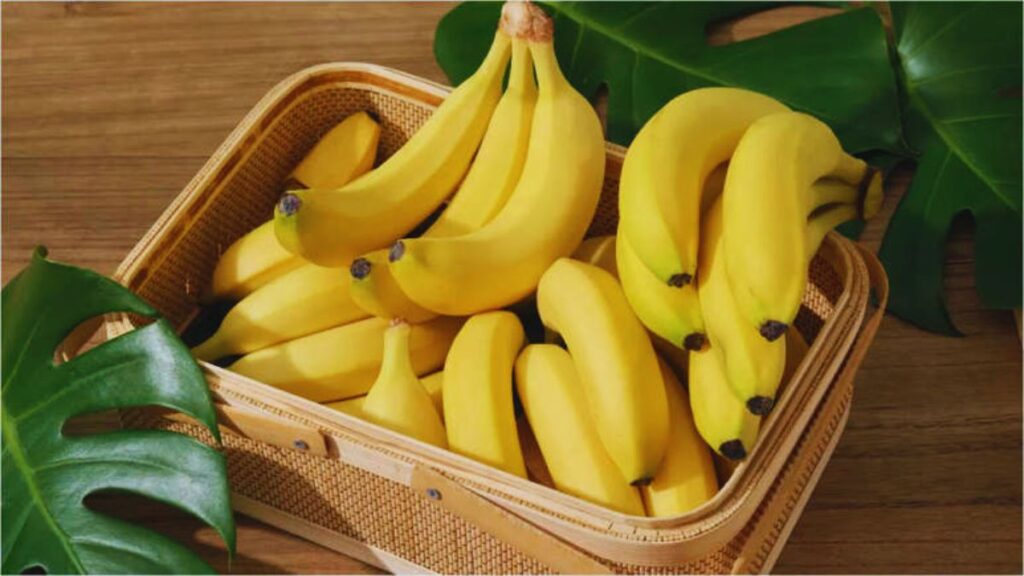
3) Oranges
Vitamin C content: Approx. 97.5 mg per cup
Oranges are probably the first fruit that comes to mind when you think of Vitamin C — and understandably so. Known to be really rich in antioxidants, oranges boost immunity, support heart health, and improve the skin texture. Regular intake can help prevent seasonal colds and maintain hydration due to their high-water content.
How to consume:
Oranges can be enjoyed as fresh slices, pressed juices, or used as a base for smoothies. You can also add orange segments to salads or desserts for a sweet, citrusy punch.
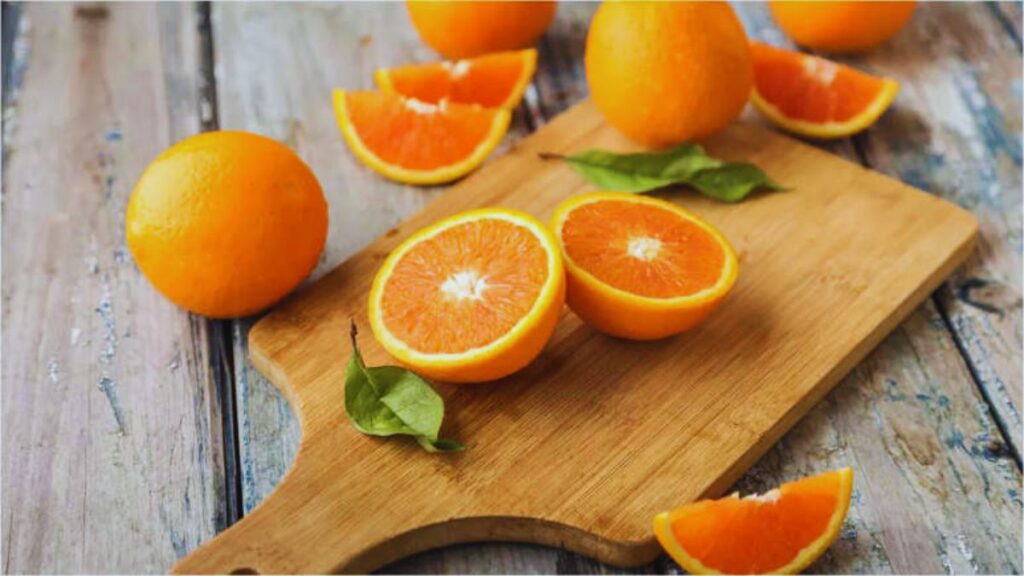
4) Guava
Vitamin C content: Approx. 375 mg per cup
Guava has been unofficially crowned as a ‘superfruit’, as it gives nearly 25 times more Vitamin C than blueberries. It’s one of the richest natural sources of this essential nutrient. Regular guava consumption helps boost immunity, promote healthy skin, and improve digestion thanks to its high fiber content. Guava also helps regulate blood sugar levels and supports heart health.
How to consume:
A guava tastes best when eaten fresh with a sprinkle of salt and chili powder. You can also blend them into juices, smoothies, or shakes. Another popular option is to make a guava chutney, a delicious condiment that pairs well with snacks.
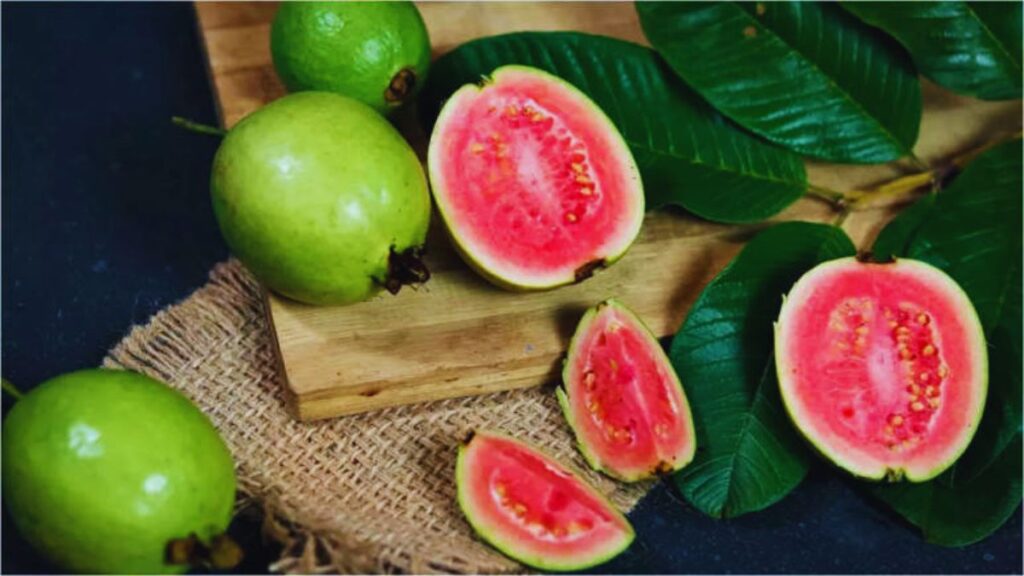
5) Papaya
Vitamin C content: Approx. 88 mg per cup
Papaya is a nutrient-dense fruit packed with Vitamin C, antioxidants, and digestive enzymes like papain. It’s known to promote healthy digestion, support glowing skin, and strengthen immunity. The high Vitamin C content in papaya also helps reduce inflammation and may aid in preventing chronic diseases.
How to consume:
Papaya can be enjoyed fresh as a salad, or you can blend it into smoothies with other fruits for a tropical flavor. Add a squeeze of lime for a tangy twist that enhances its sweetness further.
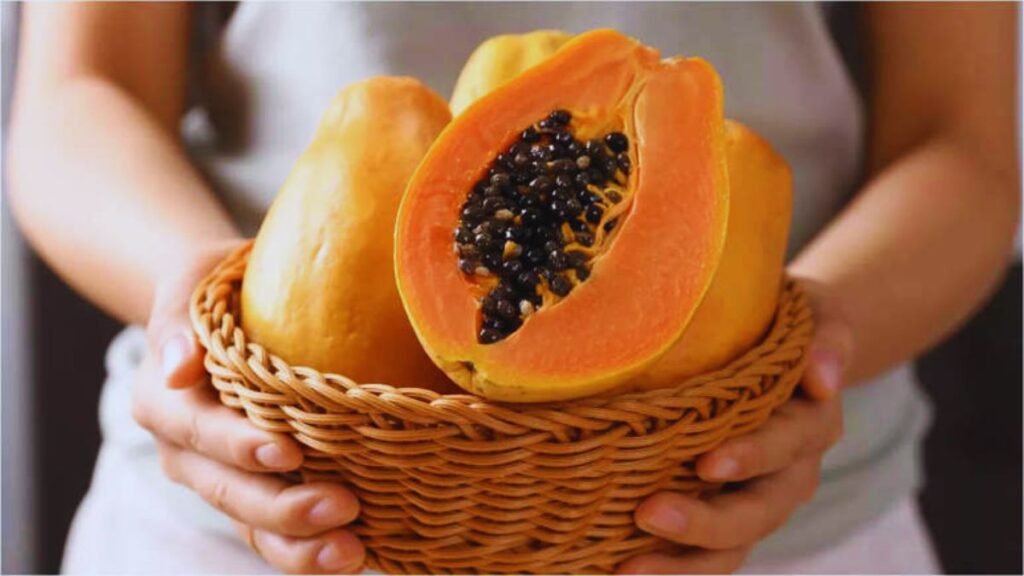
6) Mango
Vitamin C content: Approx. 60 mg per cup
Mangoes are not just delicious but also a great source of Vitamin C, fiber, and antioxidants. This nutrient combination helps improve immunity, eye health, and skin elasticity. Vitamin C in mangoes also supports collagen formation, helping your skin stay firm and youthful.
How to consume:
Mangoes can be enjoyed as fresh slices, blended into shakes or smoothies, or turned into ‘aam panna’ – a refreshing Indian summer drink made from raw mangoes. You can also use raw mangoes to make tangy chutneys or dips that go perfectly with Indian meals.
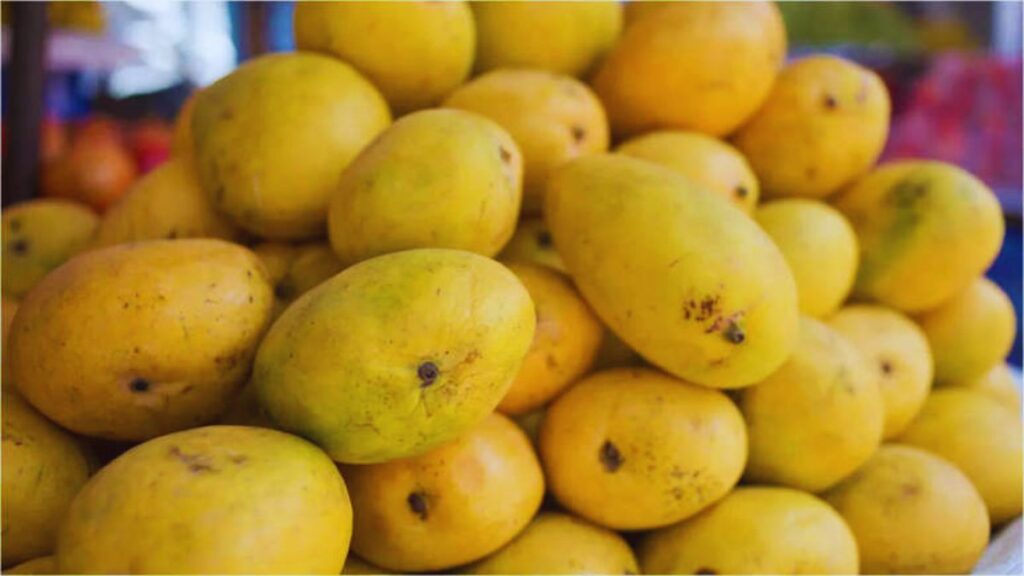
Vitamin C is more than just an immunity booster — it’s essential for healthy skin, energy, and overall vitality. Instead of relying on imported superfoods, you can easily get your daily Vitamin C needs from locally available Indian fruits. Guava, pineapple, papaya, and oranges are not only nutrient-rich but also delicious and versatile in everyday meals. Incorporating these fruits regularly will help keep your immunity strong, your skin radiant, and your body energized naturally.
Disclaimer: The information provided in this article is intended for general informational purposes only and should not be taken as medical advice. Always consult a qualified healthcare professional before making changes to your diet or supplementation routine.


